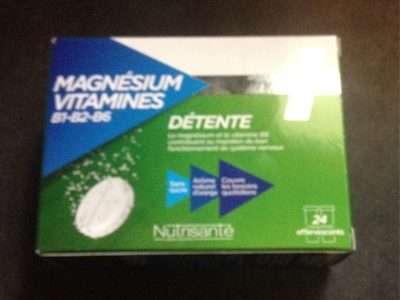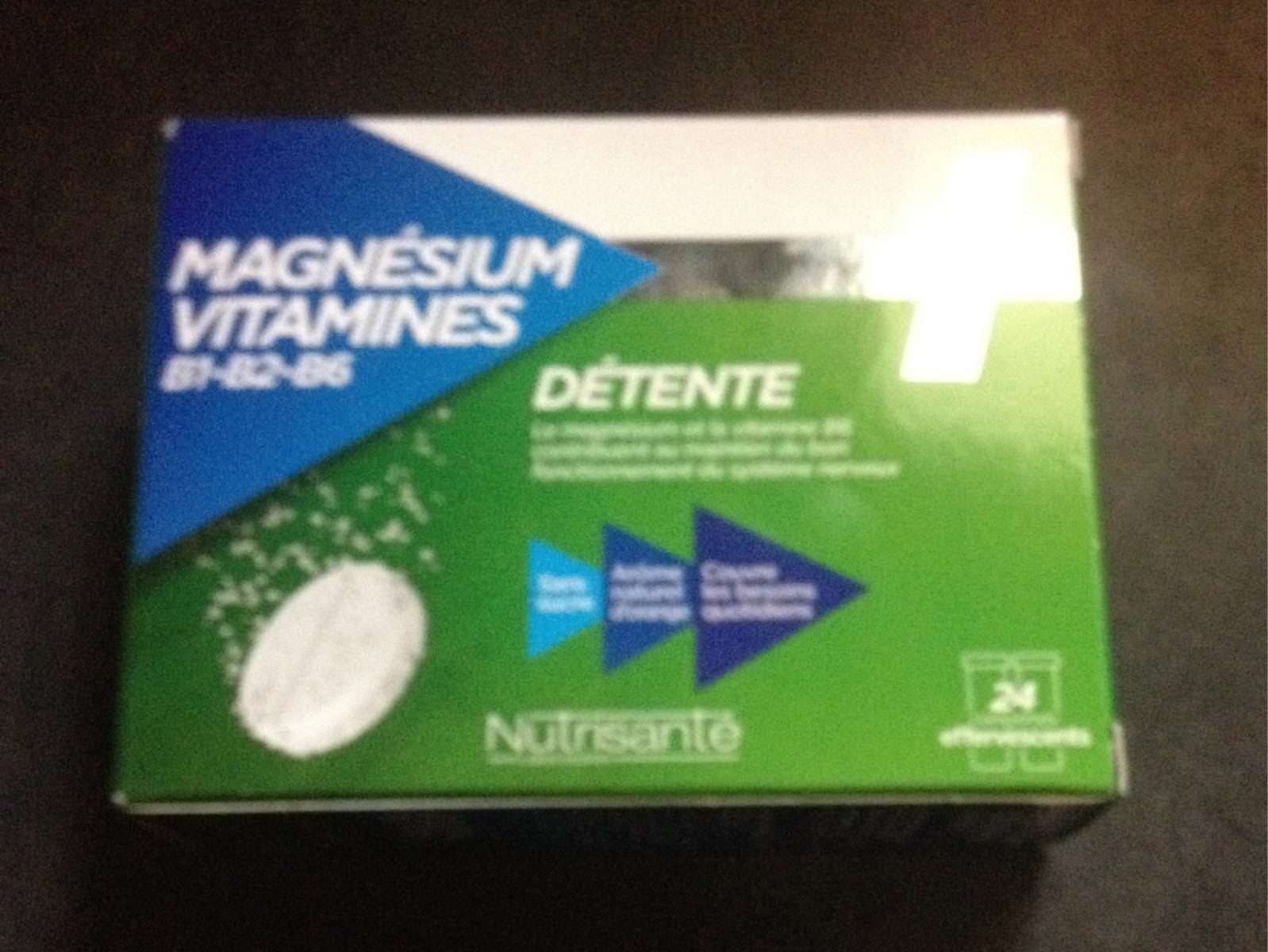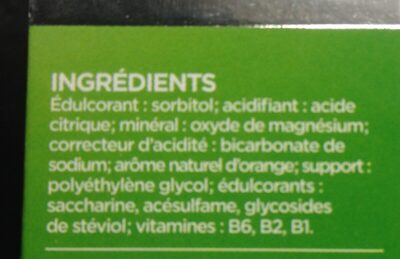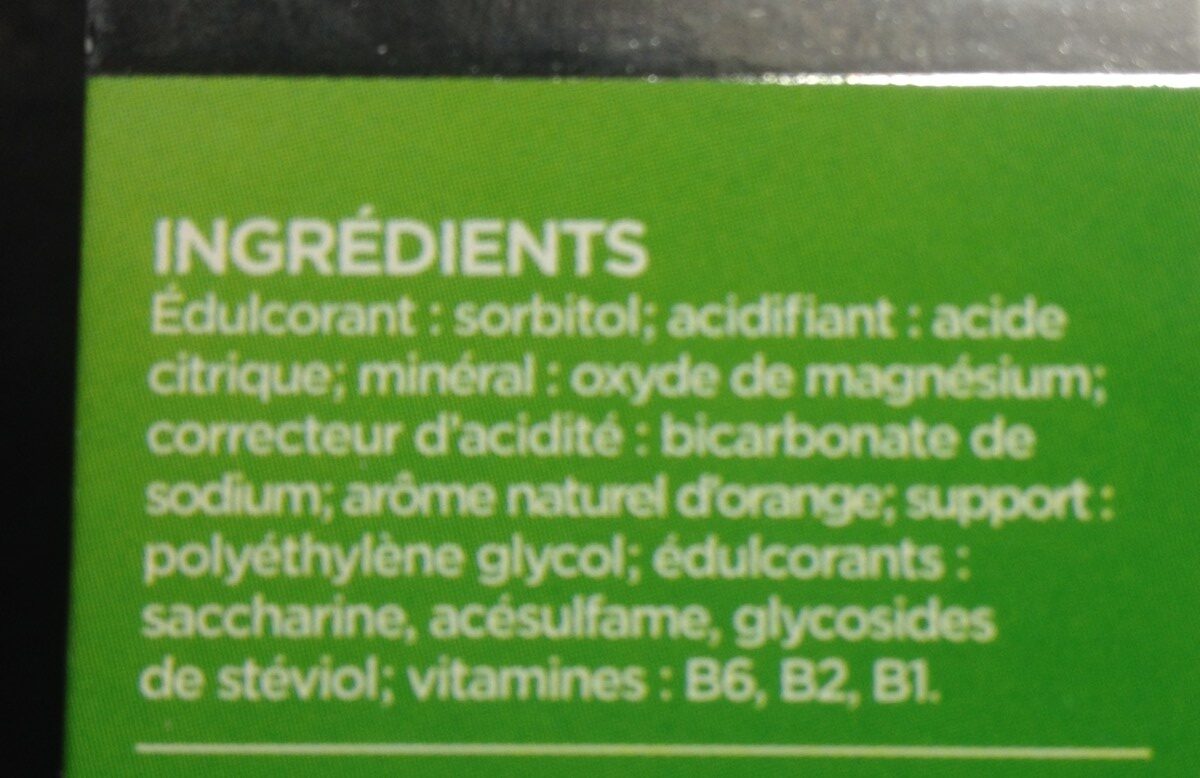Magnésium - Laboratoires Nutrisanté - 24 comprimés; 67,2 g
This product page is not complete. You can help to complete it by editing it and adding more data from the photos we have, or by taking more photos using the app for Android or iPhone/iPad. Thank you!
×
Barcode: 3515450011201 (EAN / EAN-13)
Quantity: 24 comprimés; 67,2 g
Packaging: fr:2 tubes plastique
Brands: Laboratoires Nutrisanté
Categories: Dietary supplements
Labels, certifications, awards:
Green Dot, Made in France
Manufacturing or processing places: Montaigu, 85612, France
Stores: Pharmacie Becker
Countries where sold: France
Matching with your preferences
Environment
Packaging
Transportation
Report a problem
Data sources
Product added on by ventoux
Last edit of product page on by fabi2.
Product page also edited by autorotate-bot, kiliweb, openfoodfacts-contributors, packbot, roboto-app, vaporous, yuka.R0twUlQvbzZ2YVF6Z01NUW9DSHl5bzk3M0tlTUFUN3NBck5NSVE9PQ.










